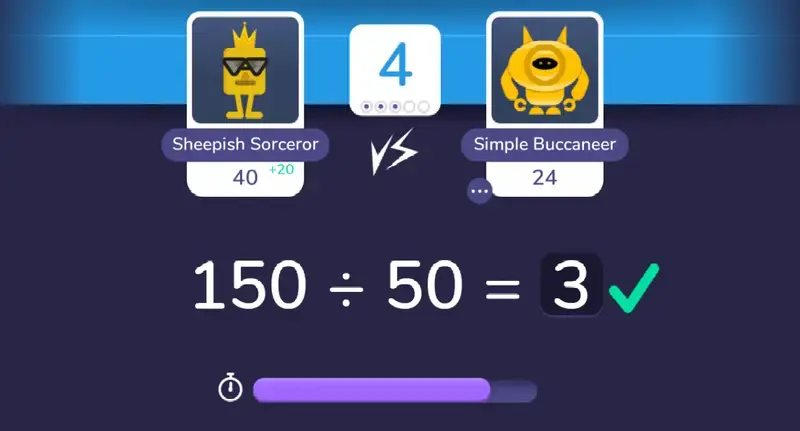The Benefits of Video Games as Learning Tools

Video games have been much maligned since they became mainstream in the 1980s, with critics decrying the immoral aims of certain violent games, where gameplay encourages players to steal cars, carry out shootings, and run over innocent bystanders. Although the games themselves are still relatively new, such criticisms aren’t – back in the 19th century there was much concern in the media that reading novels might be bad for young people, particularly sensational Gothic thrillers like The Strange Case of Dr. Jekyll and Mr. Hyde. The book is now taught in schools and is a set text on most GCSE specifications.
Off-the-shelf video games
Today, many theorists and gaming enthusiasts are claiming that there are legitimate benefits of video games, i.e. ones that were designed for entertainment purposes. Sports and action games such as shooters, platformers, and racing games may improve hand-eye coordination and spatial visualization. Survival games and strategy games require cognitive skills like decision making and strategic thinking; adventure games involve logical problem solving; text-based adventures practice reading skills and critical thinking. One of the unexpected benefits of video games is that they can aid in emotional and social development. For example, role-playing games and MMOs show that video games needn’t make children isolated and can actually help with social skills.
The problem of transfer
However, the benefits of video games, as well as their dangers, may be somewhat overstated. The principle of transfer-appropriate processing casts doubt on whether the skills learned in a video game can always be applied (or ‘transferred’) to real-life – learning is often specific to the context in which it takes place. Getting better at unlocking a portal in a game may just make you better at unlocking that type of portal in that particular game – it doesn’t necessarily make you better at spatial cognition in general, or at problem-solving in the real world.
This suggests that for games to have an educational benefit, the skills used in the game should match as closely as possible the skills we want students to be able to use outside the game. So, purpose-written educational games are likely to be of more benefit than off-the-shelf games.
Educational games
Richard E. Mayer, a researcher in educational psychology at the University of California, Santa Barbara, found that the areas where computer games appear to be most effective are science, maths, and second language learning.[1] In fact, ‘in reviewing mathematics studies, games resulted in better learning than conventional media in four out of six experiments.' Tetris was found to be particularly beneficial in improving students’ ability to rotate two-dimensional shapes – so Coolmath’s Tethrees, which combines shape rotation with lining up three blocks of the same color, makes the ideal learning tool. Tubetris is a whackier and more challenging variation where players rotate and line up bits of pipe so falling balls will travel the maximum distance – unless the pipes get blown up by a passing block of TNT. There’s also a whole host of great numbers games, such as the popular Math Clash, in which cute monsters with crazy names go head to head to solve addition, subtraction, division, and multiplication questions.
Mayer’s review also states that ‘in four out of five experiments involving learning a second language, students learned better from games than from traditional media', and Coolmath has some visually appealing word games that are great for learning English as a second language. The variety of types of games provides a range of different learning experiences. There are single-player games where students can learn at their own pace – the stylish Word Detector, for instance, like a mini Scrabble game; there are competitive games such as Word Race – a multiplayer game where learners compete to join letters into words; there are even public games like Grabble to play with a group of friends or classmates for a greater element of social interaction.
Some of the newer games that we have on the site include Words of Wonders and Cryptograms, both of which will challenge your ability to solve word puzzles that can be tactfully challenging. If you like word games but want to play something a bit more modern, we definitely recommend checking both of these titles out.
Motivation and reward
The different levels of challenge ensure that the games are motivating for students across a wide range of ages and abilities – and the fact that video games are motivating is perhaps the main benefit of video games in an educational setting. Video games offer instant feedback on gamers’ success and reward that success with a higher score, an unlocked ability, or a win against an opponent. This boosts self-esteem and encourages learners to carry on playing. This results in players practicing the skill for far longer than they would in a non-game context. In fact, while the addictive nature of video games is often held up as a problem in wider society, it is one of the main benefits of video games when it comes to educational purposes.
You might also like these blog posts on the educational benefits of video games: How Educational Video Games Can Be Used In Class and Are Video Games Good For You?